Zamknij arrow_back
- Nowości
-
Mapy i publikacje
add remove Mapy papierowe add removePublikacje papierowe add remove
-
Nawigacja
add remove Zegary add removeBarometry add removeTermometry , Higrometry, Barografy add removeAreometry (Densymetry) add remove
-
Sygnalizacja
add remove Lampy Nawigacyjne, Szperacze add removeŻarówki add removeLatarki add removeZnaki dzienne add remove
-
Środki ratunkowe
add remove Kamizelki add removeTratwy add removeKombinezony ratunkowe add removePirotechnika morska add removeKoła, Pławki, Tyczki add removeUprzęże, Linki, Taśmy Bezpieczeństwa add removeReflektory radarowe add removeBosaki, Wiosła add remove
-
Elektronika morska
add remove Radiotelefony add removeOdbiorniki Pogody add removePLB / AIS MOB, OLAS add removeRadiopławy, Transpondery add removeWiatromierze add removeAkcesoria add remove
-
Sprzęt pożarowy
add remove Akcesoria add remove
-
Wyposażenie pokładowe
add remove Drabinki Pilotowe, Ewakuacyjne add remove
- Nowości
-
Mapy i publikacje
add remove Mapy papierowe add removePublikacje papierowe add remove
- Nawigacja add remove
- Sygnalizacja add remove
- Środki ratunkowe add remove
- Elektronika morska add remove
- Sprzęt pożarowy add remove
-
Wyposażenie pokładowe
add remove
Facilitation Convention (FAL), 2017 Edycja
This consolidated edition of the FAL Convention includes the 2016 amendments adopted by FAL 40
which enter into force 1 January 2018.
These amendments introduce new definitions. Electronic exchange of information will be mandatory
from 9 April 2019 with a transition period of no less than 12 months. The text recommends the use of
‘Single Window’ systems and has been revised in a gender-neutral format. Three additional documents
have been introduced for ship’s clearance: Security-related information as required under SOLAS
regulation XI-2/9.2.2, Advance electronic cargo information for customs risk assessment purposes, and
Advanced Notification Form for Waste Delivery to Port Reception Facilities. Additional guarantees have
been included relating to the shore leave of crew members. IMO FAL forms have been revised.
which enter into force 1 January 2018.
These amendments introduce new definitions. Electronic exchange of information will be mandatory
from 9 April 2019 with a transition period of no less than 12 months. The text recommends the use of
‘Single Window’ systems and has been revised in a gender-neutral format. Three additional documents
have been introduced for ship’s clearance: Security-related information as required under SOLAS
regulation XI-2/9.2.2, Advance electronic cargo information for customs risk assessment purposes, and
Advanced Notification Form for Waste Delivery to Port Reception Facilities. Additional guarantees have
been included relating to the shore leave of crew members. IMO FAL forms have been revised.
Podobne z kategorii
Availability: 1 In Stock
The International Convention for the Prevention of Pollution from Ships,1973 (MARPOL Convention), is concerned with preserving the marine environment through the prevention of pollution by oil and other harmful substances and the minimization of accidental discharge of such substances. Its technical content is laid out in six Annexes, the first five of which were adopted by the 1973 Convention, as modified by a 1978 Protocol. These Annexes cover pollution of the sea by oil, by noxious liquid substances in bulk, by harmful substances in packaged form, by sewage from ships and by garbage from ships. Annex VI was adopted by a further Protocol in 1997 and covers air pollution from ships.
The 2022 consolidated edition provides an easy and comprehensive
reference to the up-to-date provisions and unified interpretations of the articles, protocols and Annexes of the MARPOL Convention, including the incorporation of all of the amendments that have been adopted by the Marine Environment Protection Committee (MEPC) with entry into force up to 1 November 2022.





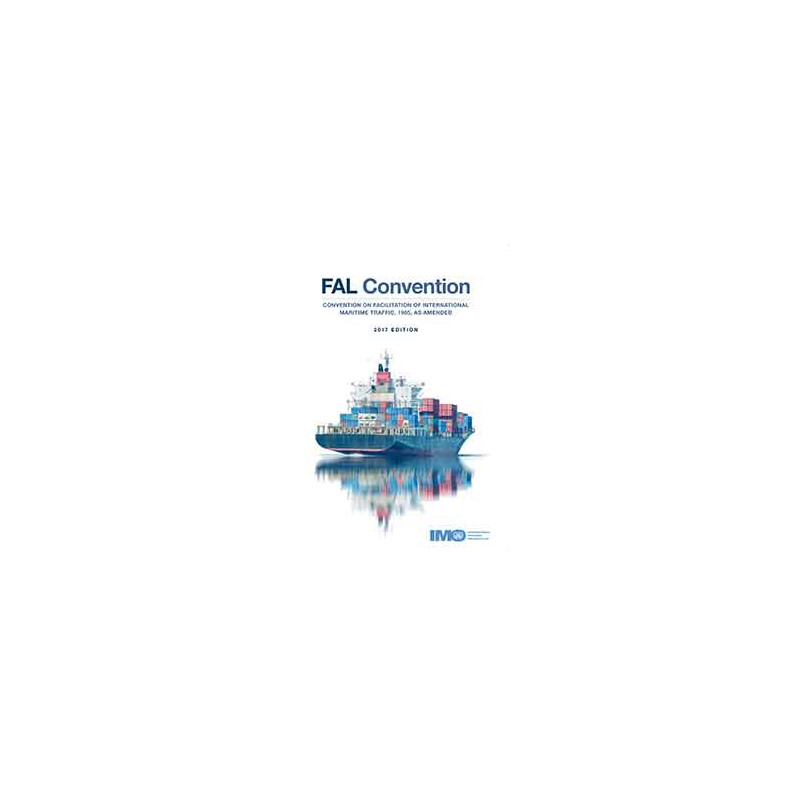

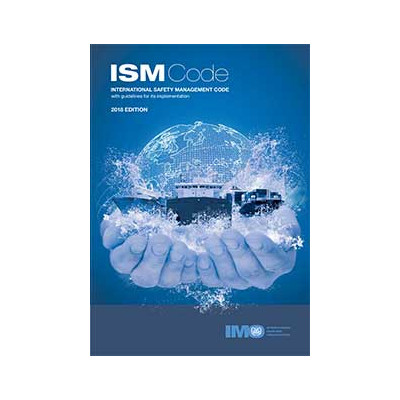
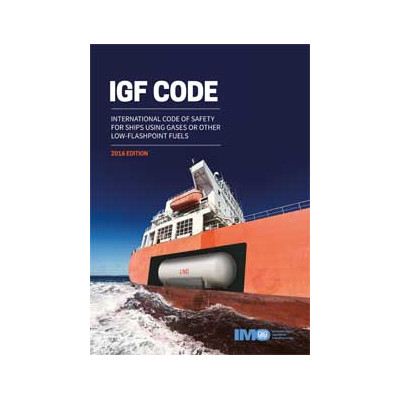
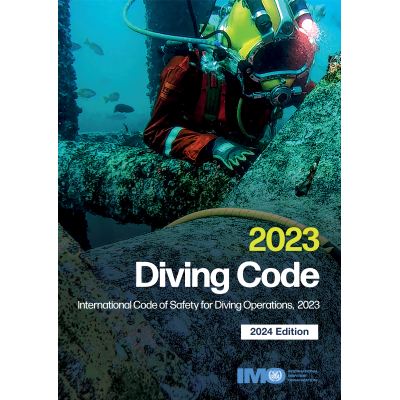
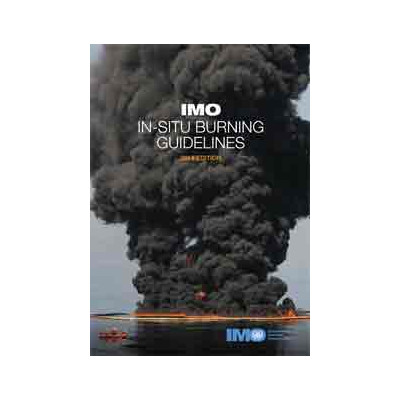
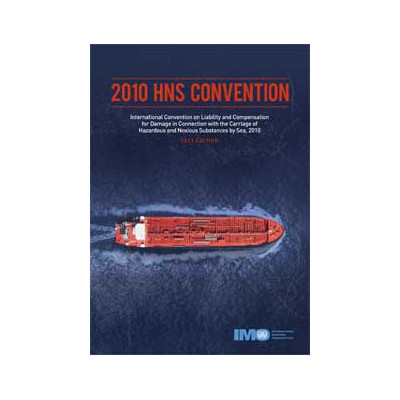
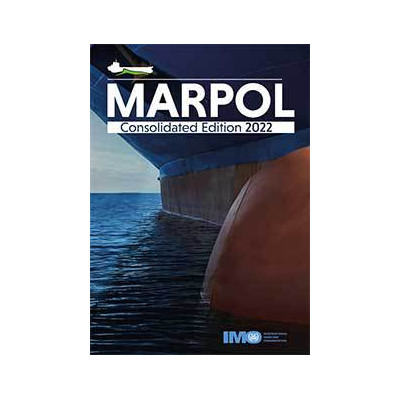
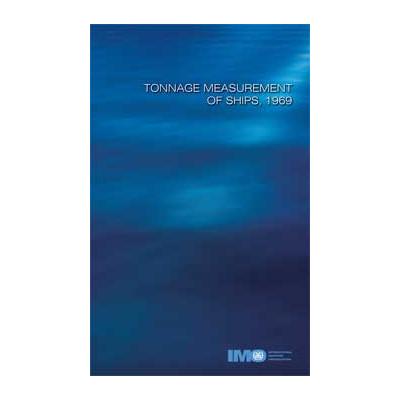
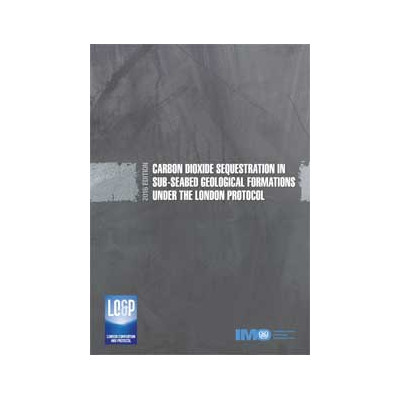
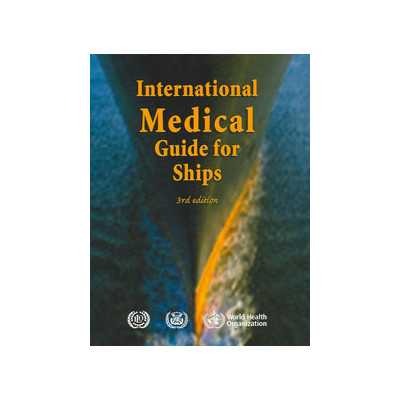
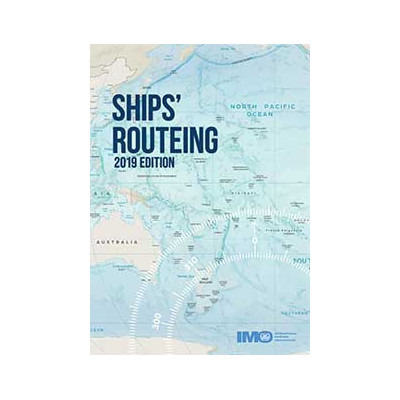
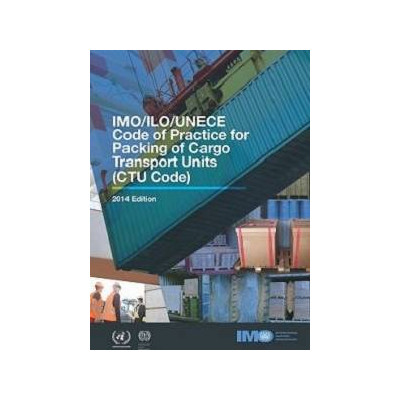
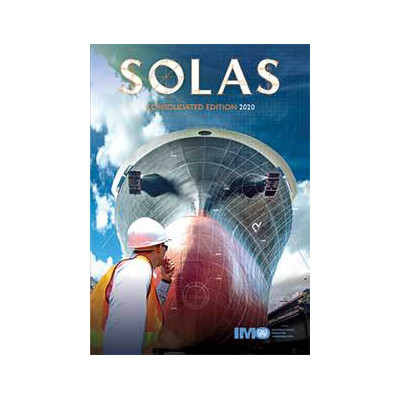
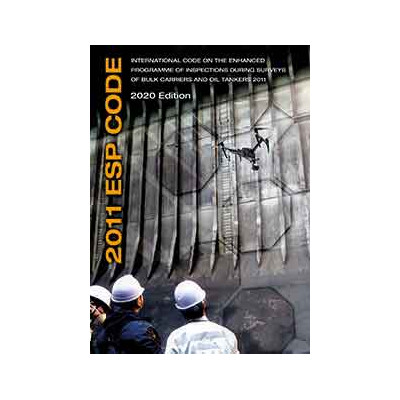
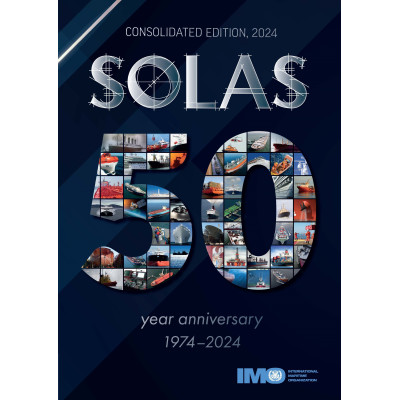
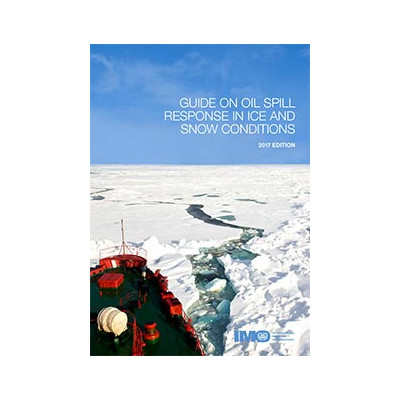
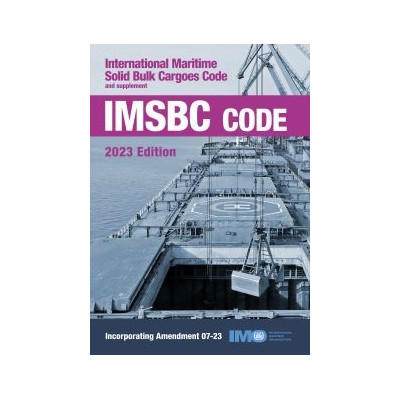
 Cookies
Cookies